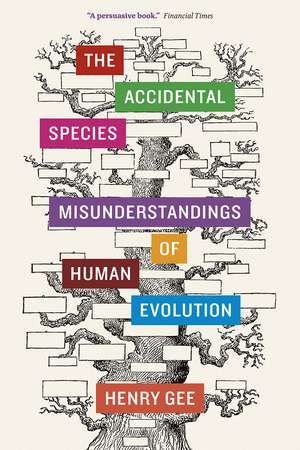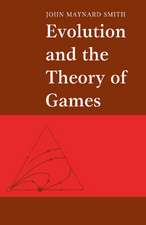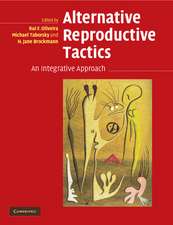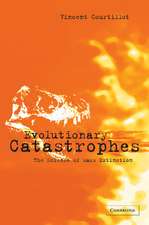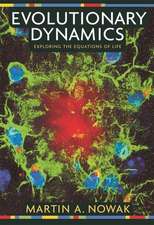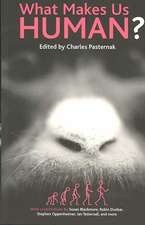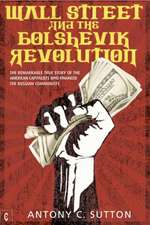The Accidental Species: Misunderstandings of Human Evolution
Autor Henry Geeen Limba Engleză Paperback – 29 apr 2015
The Accidental Species combines Gee’s firsthand experience on the editorial side of many incredible paleontological findings with healthy skepticism and humor to create a book that aims to overturn popular thinking on human evolution—the key is not what’s missing, but how we’re linked.
Preț: 116.07 lei
Nou
22.21€ • 23.10$ • 18.34£
Carte disponibilă
Livrare economică 25 martie-08 aprilie
Livrare express 08-14 martie pentru 20.98 lei
Specificații
ISBN-10: 022627120X
Pagini: 217
Ilustrații: 6 halftones
Dimensiuni: 152 x 229 x 18 mm
Greutate: 0.29 kg
Editura: University of Chicago Press
Colecția University of Chicago Press
Notă biografică
Henry Gee is a senior editor at Nature and the author of such books as Jacob’s Ladder, In Search of Deep Time, The Science of Middle-earth, and A Field Guide to Dinosaurs, the last with Luis V. Rey. He lives in Cromer, Norfolk, England, with his family and numerous pets.
Cuprins
Preface No More Missing Links
One An Unexpected Party
Two All about Evolution
Three Losing It
Four The Beowulf Effect
Five Shadows of the Past
Six The Human Error
Seven The Way We Walk
Eight The Dog and the Atlatl
Nine A Cleverness of Crows
Ten The Things We Say
Eleven The Way We Think
Afterword The Tangled Bank
Notes
Index
Recenzii
Descriere
The idea of a missing link between humanity and our animal ancestors predates evolution and popular science and actually has religious roots in the deist concept of the Great Chain of Being. Yet, the metaphor has lodged itself in the contemporary imagination, and new fossil discoveries are often hailed in headlines as revealing the elusive transitional step, the moment when we stopped being “animal” and started being “human.” In The Accidental Species, Henry Gee, longtime paleontology editor at Nature, takes aim at this misleading notion, arguing that it reflects a profound misunderstanding of how evolution works and, when applied to the evolution of our own species, supports mistaken ideas about our own place in the universe.
Gee presents a robust and stark challenge to our tendency to see ourselves as the acme of creation. Far from being a quirk of religious fundamentalism, human exceptionalism, Gee argues, is an error that also infects scientific thought. Touring the many features of human beings that have recurrently been used to distinguish us from the rest of the animal world, Gee shows that our evolutionary outcome is one possibility among many, one that owes more to chance than to an organized progression to supremacy. He starts with bipedality, which he shows could have arisen entirely by accident, as a by-product of sexual selection, moves on to technology, large brain size, intelligence, language, and, finally, sentience. He reveals each of these attributes to be alive and well throughout the animal world—they are not, indeed, unique to our species.
The Accidental Species combines Gee’s firsthand experience on the editorial side of many incredible paleontological findings with healthy skepticism and humor to create a book that aims to overturn popular thinking on human evolution—the key is not what’s missing, but how we’re linked.
